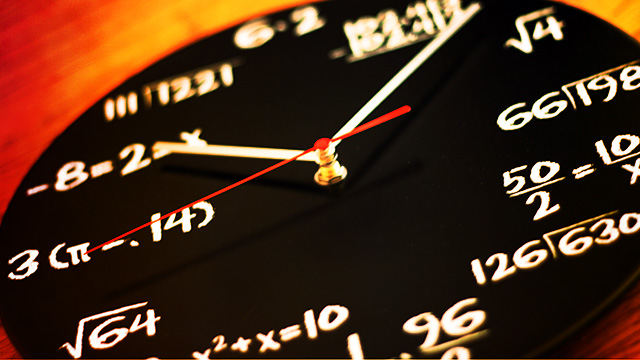From idea to science: Knowing when you’ve got a good idea
Ars Technica » Scientific Method 2013-03-16

One of the great untold stories in science is the process of science itself. I don't mean stories about what scientists have discovered and what that discovery tells us; we (and many others) cover those every day. I also don't mean stories about the pure joy of discovery and the excitement of finding out that everything you thought you understood was total bollocks. We cover that here at Ars occasionally, and there are plenty of books on it if you're hungry for more.
What's missing is the background for these stories of discovery. How do you take an idea from its very beginning as a casual musing through to an actual research program? What's involved in that process? How do you sort out good ideas from bad and choose what to pursue and what to abandon? That is the story that I want to tell.
Since this is the story of science-as-a-process rather than science-as-a-result, I will be using myself as an example. I am, as some of you may know, a tenure track faculty member at a research institute in the Netherlands. Being a researcher in the Netherlands is not that different from being a researcher anywhere else, so a lot of what I discuss will be familiar to scientists everywhere. Since I recently hopped on the tenure track, I have the next few years to prove that I am able to not only carry out research, but to start and manage entire research programs. And, as yet, I have no research program to manage.
Read 16 remaining paragraphs | Comments